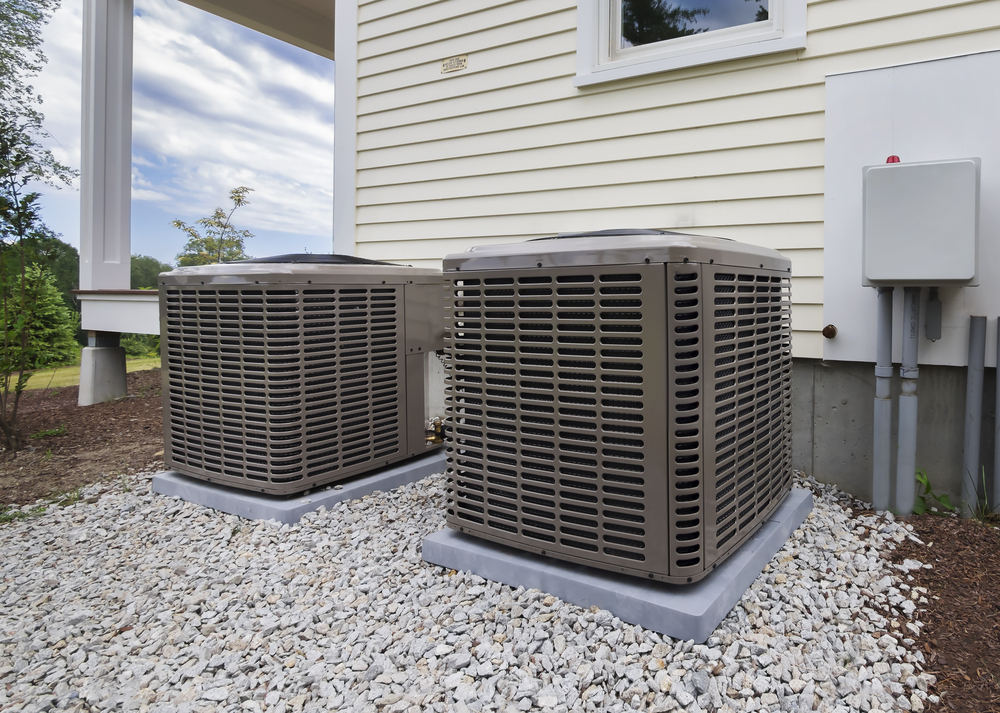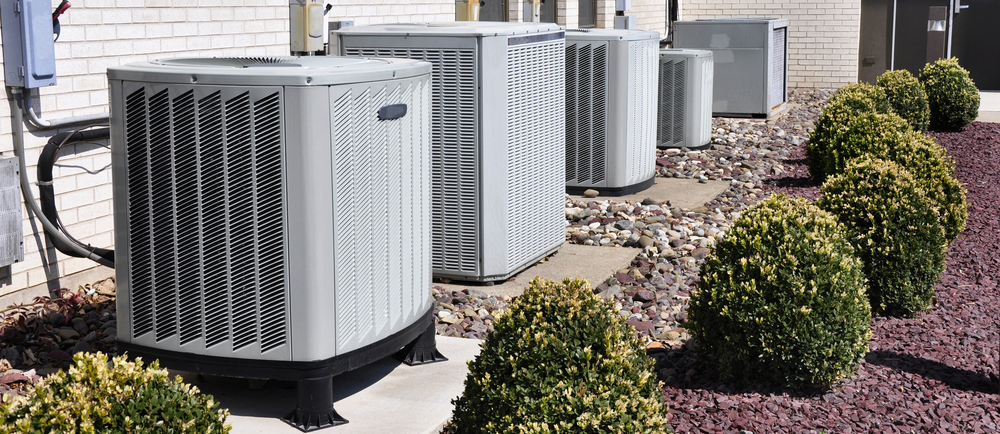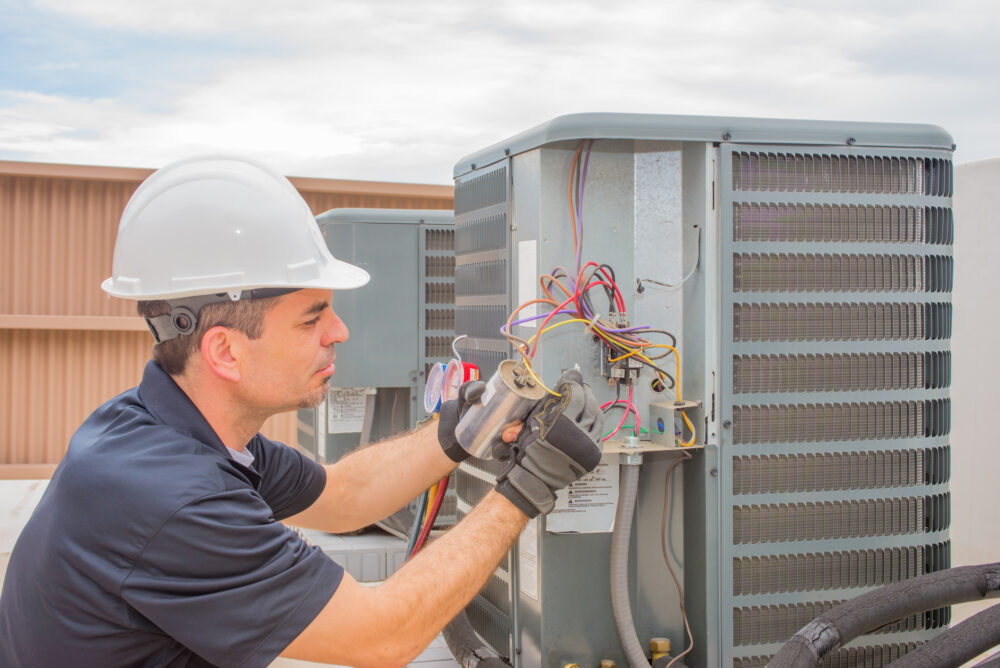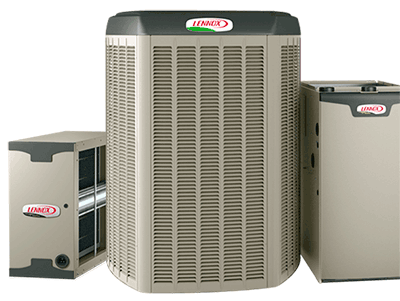A Comprehensive Guide to Understanding Central Air Conditioning
Jul 15, 2024

In the realm of modern comfort, central air conditioning stands as a pinnacle of efficient cooling technology for homes and businesses alike. Unlike traditional window units that cool individual rooms, central air conditioning systems distribute cooled air throughout an entire building via a network of ducts and vents. This results in consistent, even cooling that can be adjusted to suit different zones or rooms within the property.
How Central Air Conditioning Works
Central air conditioning operates on the basic principle of refrigeration. It starts with an outdoor unit, typically located outside the home or building, which contains the compressor, condenser coil, and fan. This unit extracts heat from the indoor air and transfers it outdoors. Meanwhile, the cooled refrigerant circulates through a system of pipes to an indoor evaporator coil, usually installed in conjunction with the furnace or air handler.
As warm air from inside the building passes over the indoor evaporator coil, the heat is absorbed by the refrigerant, and the cooled air is then distributed through the ductwork and vents into each room. The process continues until the desired temperature is achieved, maintaining a comfortable indoor environment regardless of outdoor weather conditions.
Benefits of Central Air Conditioning

Considerations Before Installing Central Air
Before investing in a central air conditioning system, several factors should be considered:
Maintenance and Care

Regular maintenance is essential to keep a central air conditioning system running smoothly and efficiently:
Conclusion
In conclusion, central air conditioning represents a significant advancement in indoor comfort technology, providing efficient, even cooling for homes and businesses. Homeowners can make informed decisions to enhance their indoor comfort and energy efficiency by understanding its components, benefits, and maintenance requirements.
Interested in Central Air Conditioning?
Contact our experts to learn how central air systems can benefit your home or business.

